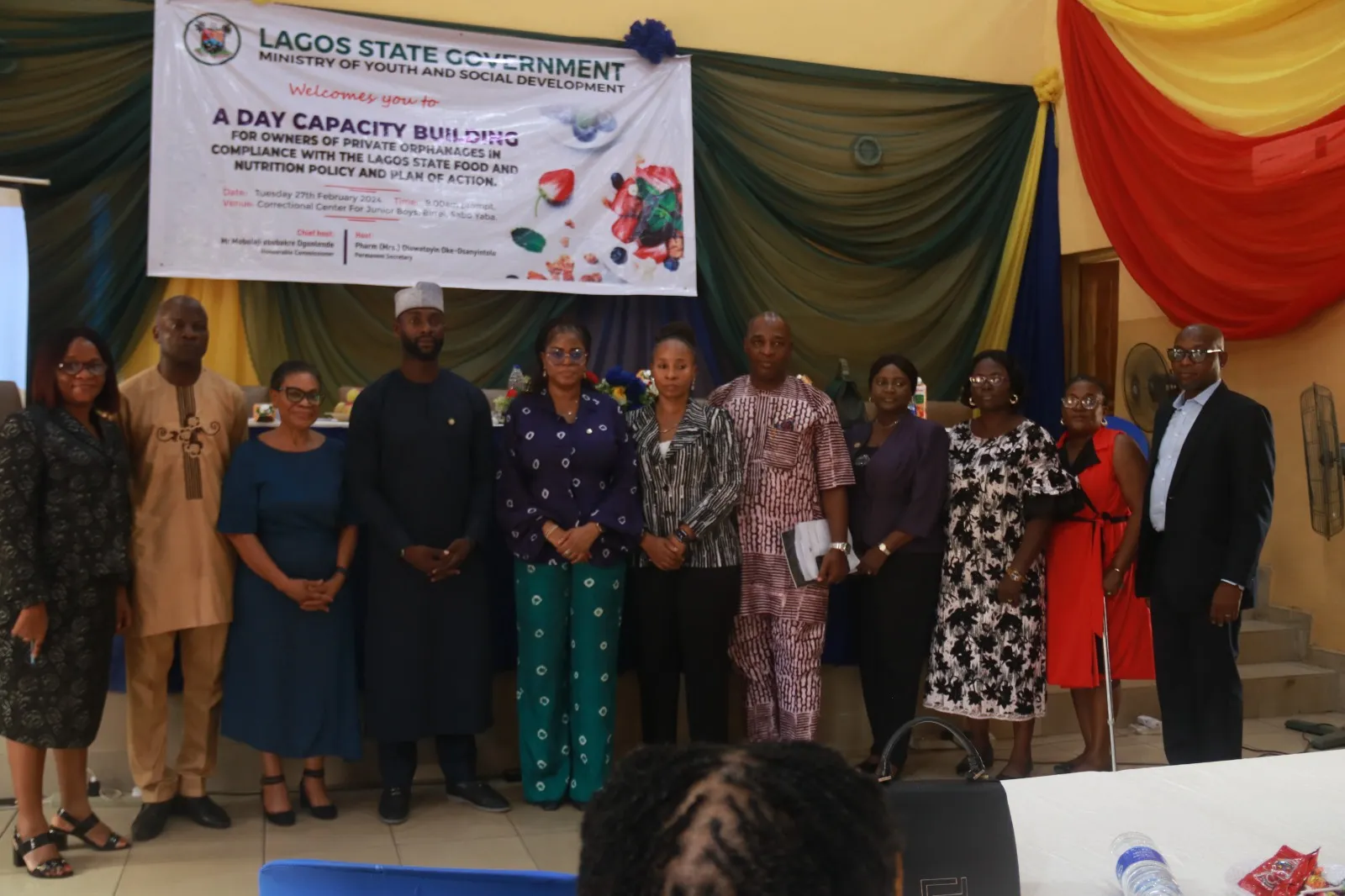Deaths from non-communicable diseases rising in Africa- WHO laments
The World Health Organisation has raised the alarm over the rising deaths from non-communicable diseases such as cancer, cardiovascular ailments and diabetes in Africa.
The WHO noted that non-communicable diseases are increasingly becoming the main cause of mortality in sub-Saharan Africa.
The global health body revealed that in the African continent, the diseases were responsible for 24 per cent of deaths recorded in 2000 and 37 per cent of those recorded in 2019.
it noted that this was largely due to weaknesses in the implementation of critical control measures that include prevention, diagnosis and care.
This comes on the eve of a high-level, heads of state and health leaders meeting in Ghana, meant to find ways to accelerate progress against NCDs.
In Africa, according to the 2022 WHO Non-communicable Disease Progress Monitor report, between 50 per cent and 88 per cent of deaths in seven countries, mostly small island nations, are due to non-communicable diseases.
The report also finds that in seven other countries – majority of them being Africa’s most populous – the diseases claimed between 100, 000 and 450, 000 lives annually.
“The rising burden of non-communicable diseases will exert pressure on treatment and care services. In the African region, the number of people living with diabetes, for example, is expected to reach 47 million by 2045, up from 19 million in 2019”, the report added.
The WHO Regional Director for Africa, Dr. Matshidiso Moeti, said the growing burden of non-communicable diseases poses a great threat to the health and lives of millions of people in Africa.
She noted that over a third of deaths in the region were due to these illnesses, adding that what is particularly concerning, is that that premature deaths from non-communicable diseases are rising among people younger than 70 years.
Dr. Moeti said, “Decisive action is needed to address the risk factors for non-communicable diseases for these preventable diseases.
“The heads of state and health leaders meeting for the inaugural International Strategic Dialogue on Non-communicable Disease and the Strategic Development Goals on 12 April are expected to agree on an initiative to boost progress towards the key Sustainable Development Goals of reducing mortality from non-communicable diseases by 30 per cent by 2030.
“The meeting will also agree on ways to speed up the efforts to achieving the key targets of universal health coverage that include access to quality, safe, effective and affordable health care.”
The WHO official pointed out that progress against non-communicable diseases has also suffered setbacks due to disruptions by the COVID-19 pandemic on essential health services.
She added, “About 80 per cent of countries in the African region reported disruption to at least one health service against non-communicable disease between May and September 2021.
“Countries are striving to restore services, although many have not yet been fully re-established”, she said.
On the way forward, Dr. Moeti said one of the crucial ways of controlling non-communicable diseases is to reduce the risk factors which include tobacco consumption, harmful use of alcohol, unhealthy diet and physical inactivity.
“Improved investment in detection, screening and treatment contributes – notably by ensuring access to health services at the primary level to boost early detection – are the other significant measures to lower the growing burden of non-communicable diseases.
“WHO is providing technical expertise to countries to devise and implement strategies to reduce the preventable and avoidable burden of morbidity, mortality and disability due to non-communicable diseases and to track progress,” she said.








